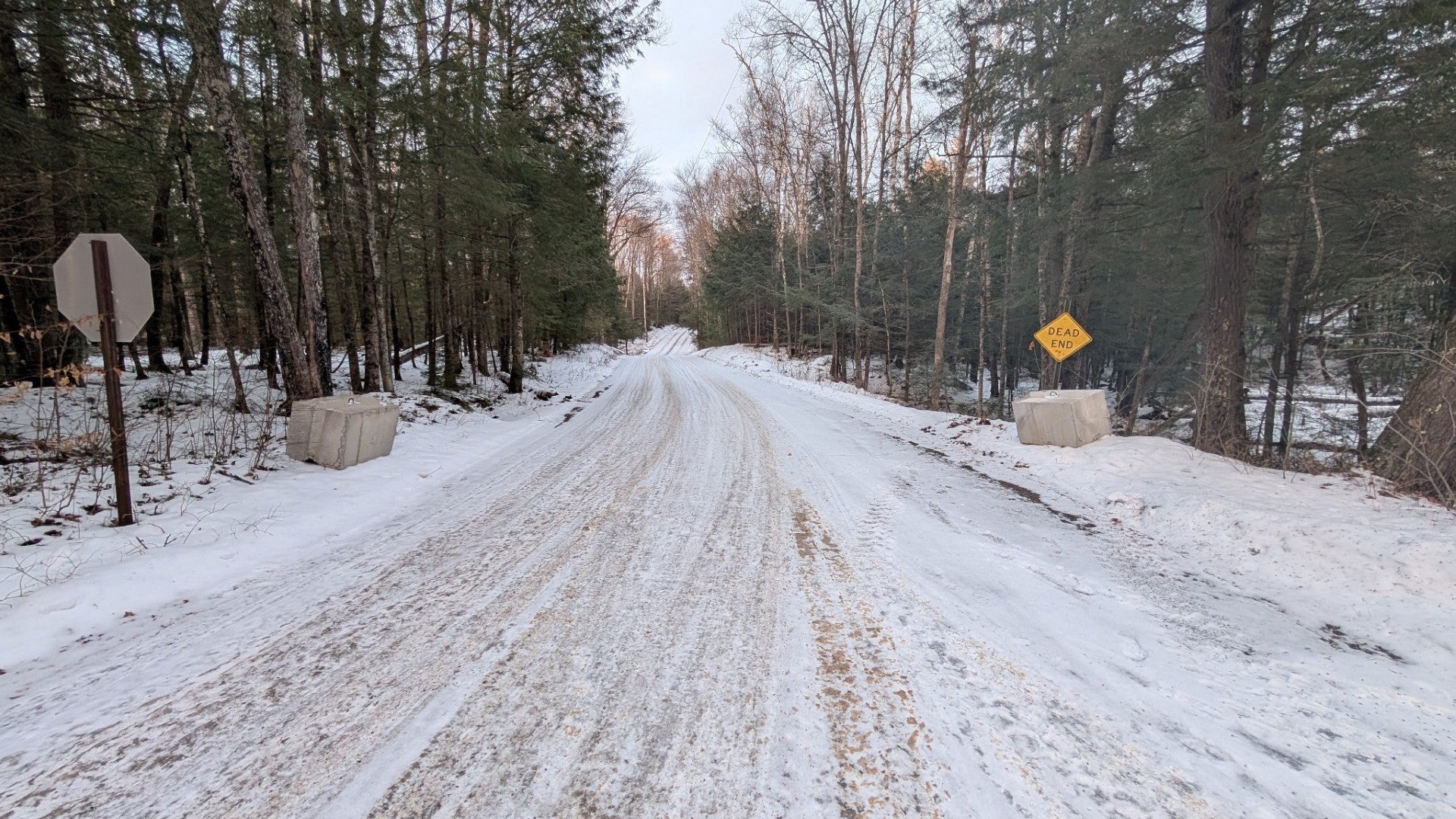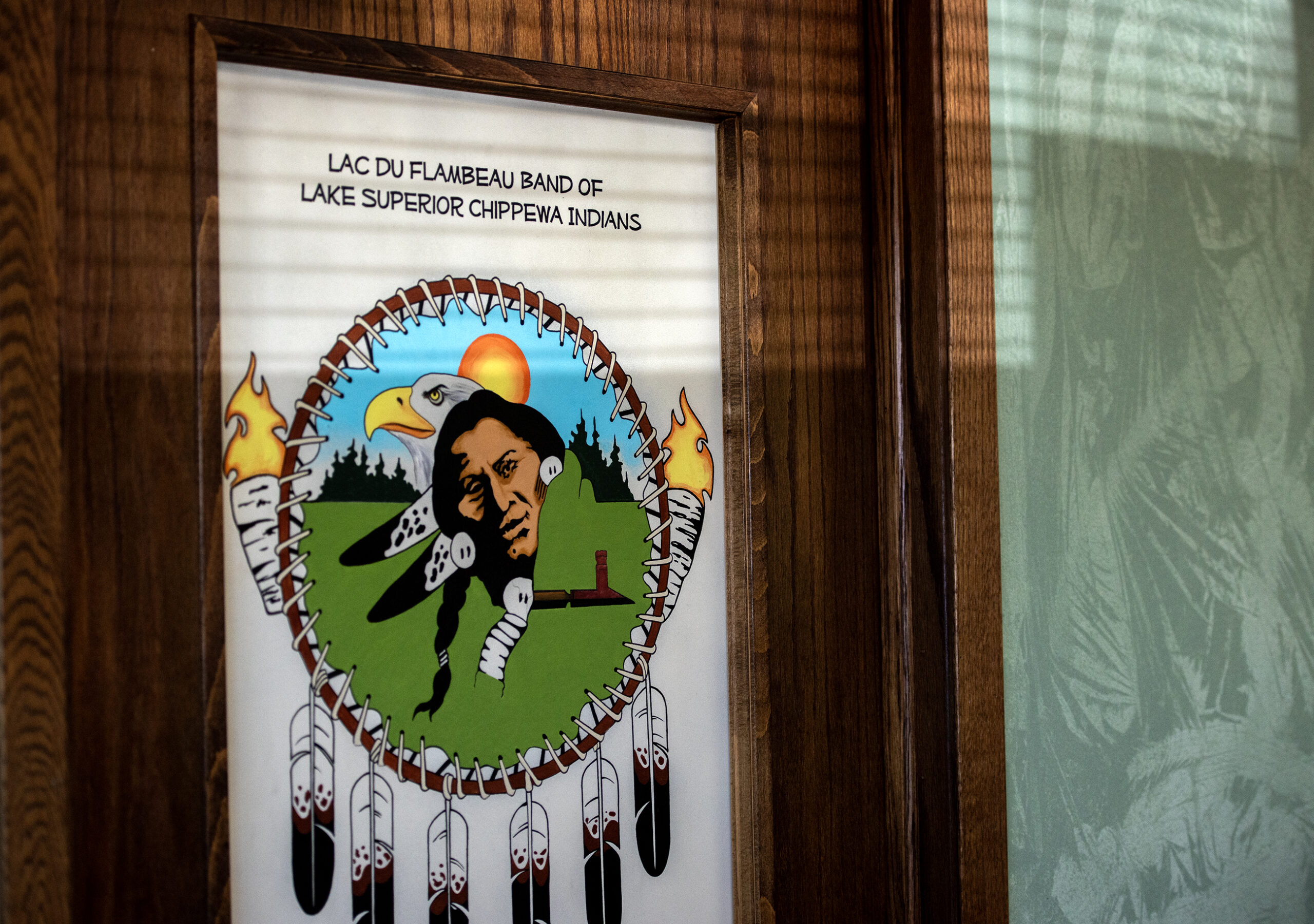Four northern Wisconsin tribes have filed a federal lawsuit against Gov. Scott Walker, the state and town officials over the taxation of reservation lands. The tribes argue the state and towns don’t have the right to tax reservation lands.
The complaint was filed Friday, Nov. 30, in the U.S. District Court for the Western District Court of Wisconsin by the Red Cliff, Bad River, Lac du Flambeau and Lac Courte Oreilles tribes. They contend the Wisconsin Department of Revenue, 11 towns and their assessors have been taxing fee simple lands on reservations in violation of the Treaty of 1854 between the United States government and Lake Superior Chippewa. Fee simple lands mean that the owner of the property can do whatever they want with the land, without being subject to limitations or conditions.
“The 1854 Treaty does not authorize the imposition of state taxes of any kind on the property of the tribes located within the reservations created therein,” the complaint reads. “None of the historical documents relating to the negotiation of the 1854 Treaty indicate that the Indians were told that the lands reserved for them by the 1854 Treaty would be subject to state property taxes.”
Stay informed on the latest news
Sign up for WPR’s email newsletter.
Guidelines from the DOR say the treaty does exempt lands in most cases if the property was allotted before Congress passed the General Allotment Act on Feb. 8, 1887. In addition, the lands must be owned by the tribe or a tribal member, and the property must not be sold to nontribal members since it was allotted under treaty. The DOR contends that the U.S. Supreme Court has ruled lands are subject to property taxes if they have fallen out of tribal ownership, according to the complaint.
However, the tribes argue the state’s interpretation is flawed because it “did not acknowledge that only Congress could authorize state taxation of Indian-owned property within Indian country.”
The complaint details inconsistent application of taxes on the four tribes by the state and towns since the Treaty of 1854, in which tribes ceded around 7 million acres of land to the federal government. Tribes say the state has wrongly assumed that lands are considered taxable if they were allotted after Feb. 8, 1887. However, they argue the General Allotment Act doesn’t apply to the four tribes in Wisconsin.
A federal appeals court case in Michigan’s Upper Peninsula involving the Keweenaw Bay Indian Community found that fee simple lands by the tribe or its members within the reservation are not subject to property taxes.
The interpretation of the Michigan case prompted towns like Bass Lake and Hayward to create agreements with tribes that lands were tax-exempt, but they were later terminated.
The Town of Sanborn in Ashland County removed its tribal members from the tax roll, which resulted in several property taxpayers filing a civil suit against the town.
The tribes wants a federal court to declare that states don’t have authority to tax them and prevent any future taxes from being collected.
Parties involved in the lawsuit declined to comment.
Wisconsin Public Radio, © Copyright 2025, Board of Regents of the University of Wisconsin System and Wisconsin Educational Communications Board.





